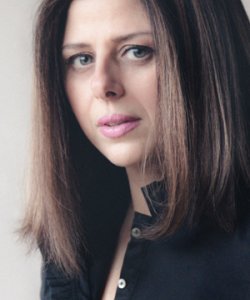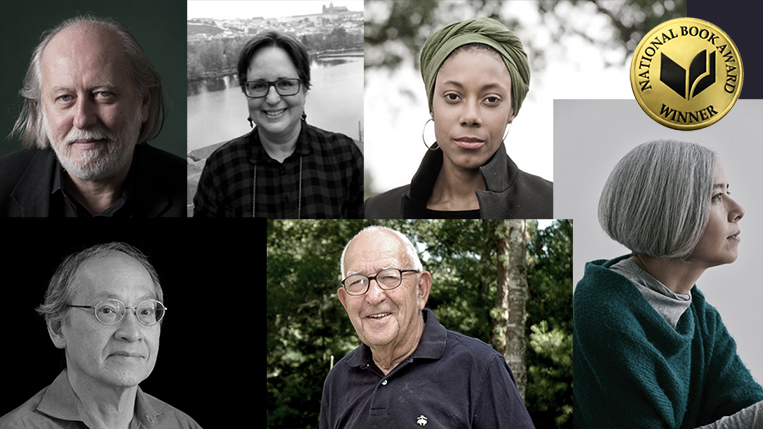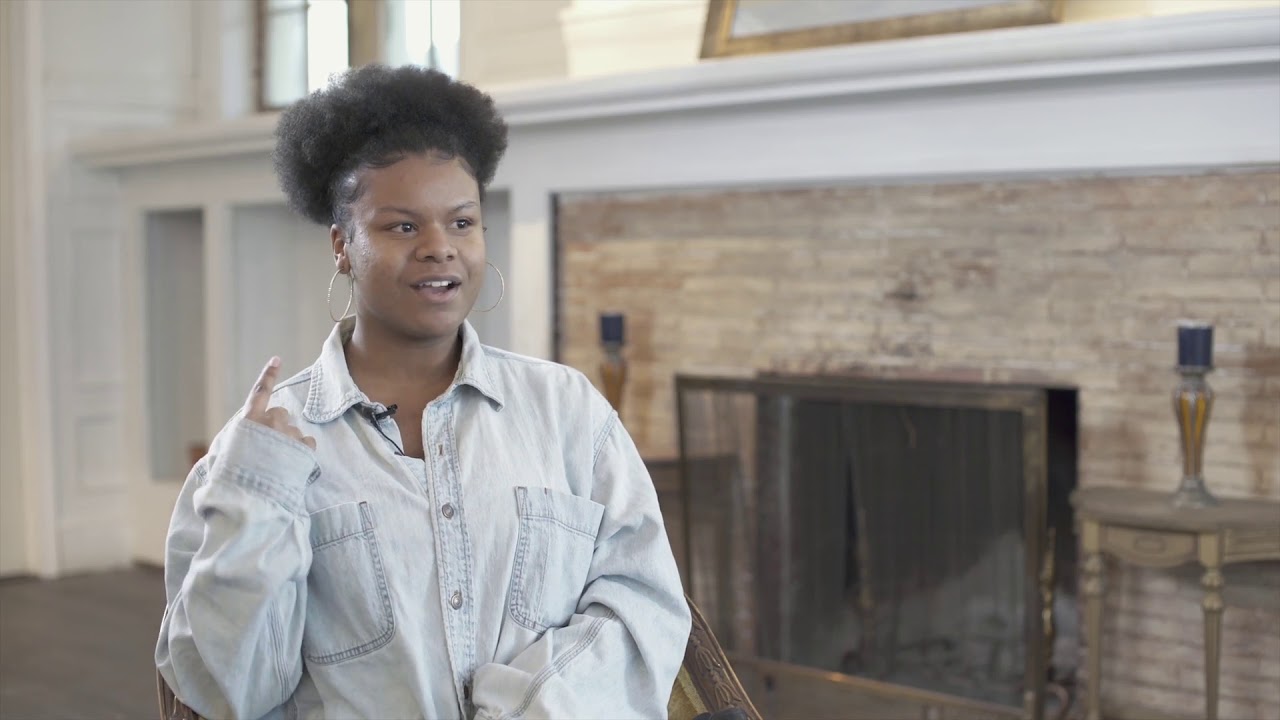The last deadlines of November are approaching for contests in poetry, fiction, and nonfiction. Each of these contests has a deadline of November 30, and all but one offer a prize of $1,000 or more.
Beloit Poetry Journal Chad Walsh Chapbook Series: A prize of $1,000, publication by Beloit Poetry Journal, and 50 author copies is given annually for a poetry chapbook. The editors will judge. Entry fee: $20.
BOA Editions A. Poulin Jr. Poetry Prize: A prize of $1,000 and publication by BOA Editions is given annually for a first book of poetry by a U.S. resident. Richard Blanco will judge. Entry fee: $25.
Brunel University London International African Poetry Prize: A prize of £3,000 (approximately $3,668) is given annually for a group of poems by a poet who was born in Africa, is a national of an African country, or whose parents are African. Poets who have not yet published a full-length collection are eligible. Entry fee: none.
Burnside Review Press Book Award: A prize of $1,000, publication by Burnside Review Press, and 10 author copies is given annually for a poetry collection. Darcie Dennigan will judge. Entry fee: $25, which includes one title from the press’s catalogue.
Cider Press Review Book Award: A prize of $1,500, publication by Cider Press Review, and 25 author copies is given annually for a poetry collection. Lesley Wheeler will judge. Entry fee: $26.
Dappled Things J. F. Powers Prize for Short Fiction: A prize of $500 and publication in Dappled Things is given annually for a short story. The editors will judge. Entry fee: none.
Fish Publishing Fish Short Story Prize: A prize of €3,000 (approximately $3,330) and publication in the annual Fish Publishing anthology is given annually for a short story. The winner will also be invited to attend a five-day short story workshop and read at the West Cork Literary Festival in July 2020. Colum McCann will judge. Entry fee: €20 (approximately $22) for online submissions or €22 (approximately $24) for submissions by mail.
Munster Literature Center Gregory O’Donoghue International Poetry Prize: A prize of €2,000 (approximately $2,219), publication in Southword, and a weeklong residency at the Tyrone Guthrie Centre in Annaghmakerrig, Ireland, is given annually for a single poem. Kim Addonizio will judge. Entry fee: €7 (approximately $8) for the submission of a single poem or €30 (approximately $33) for the submission of five poems.
Narrative Fall Story Contest: A prize of $2,500 and publication in Narrative is given annually for a short story, a short short story, an essay, or an excerpt from a longer work of prose. A second-place prize of $1,000 and publication in Narrative is also awarded. The editors will judge. Entry fee: $27.
Poetry International C. P. Cavafy Poetry Prize: A prize of $1,000 and publication in Poetry International is given annually for a single poem. The editors will judge. Entry fee: $15.
Quarter After Eight Robert J. DeMott Short Prose Contest: A prize of $1,008.15 and publication in Quarter After Eight is given annually for a prose poem, a short short story, or a micro-essay. Thisbe Nissen will judge. Entry fee: $15.
University of North Texas Rilke Prize: A prize of $10,000 is given annually for a poetry collection published in the previous year by a mid-career poet. U.S. poets who have published at least two previous poetry collections are eligible. The poetry faculty of the University of North Texas will judge. Entry fee: none.
White Pine Press Poetry Prize: A prize of $1,000 and publication by White Pine Press is given annually for a poetry collection by a U.S. citizen. Entry fee: $20.
Visit the contest websites for complete guidelines, and check out the Grants & Awards database and Submission Calendar for more contests in poetry, fiction, and creative nonfiction.









